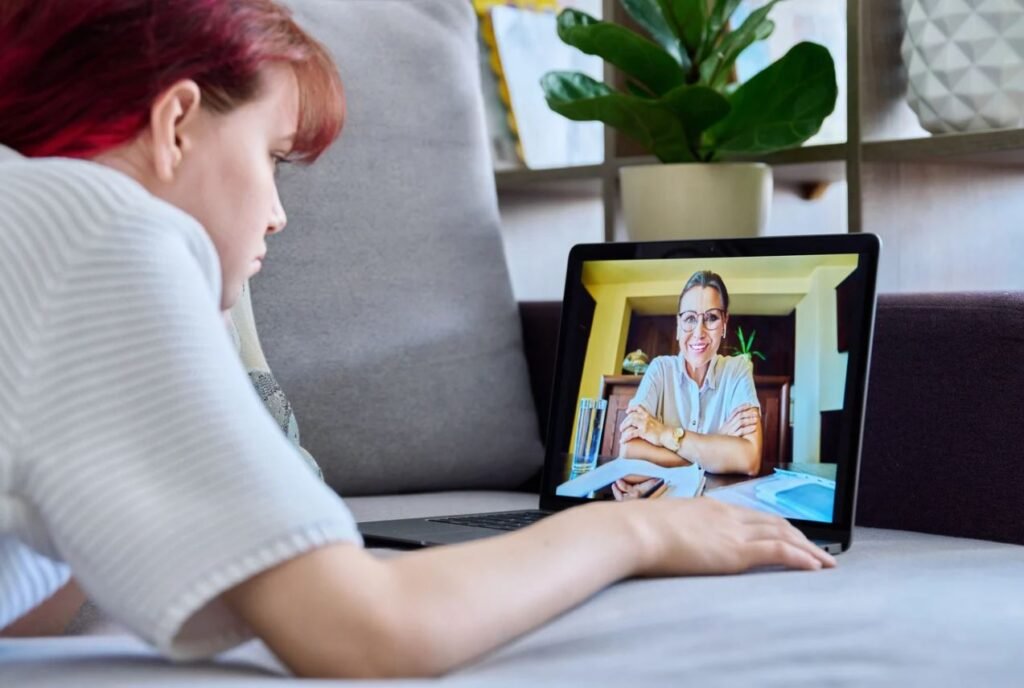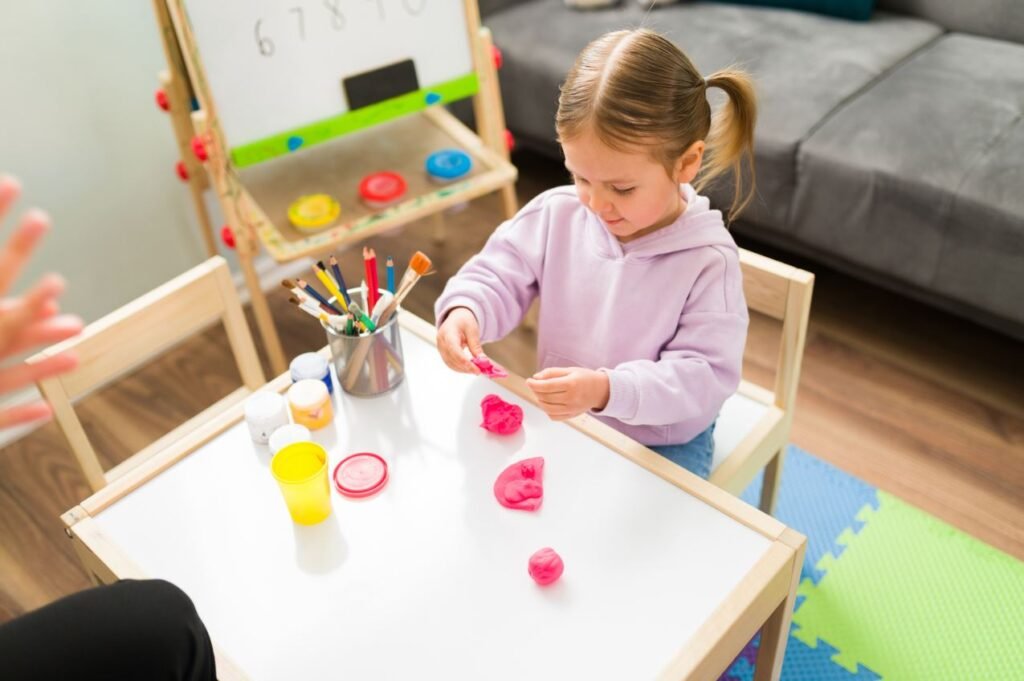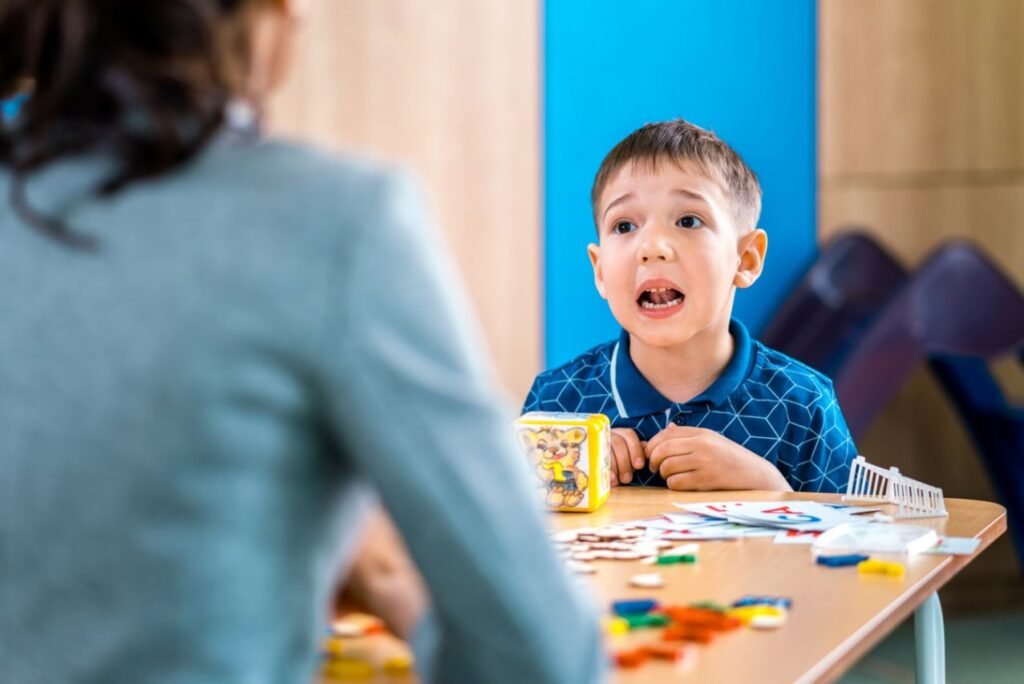Are you prepared to try Virtual Therapy?
Why Virtual Therapy?
Virtual therapy has the potential to benefit individuals around the world who have challenges in having one to one therapy.
One of the advantages of virtual therapy is that it can help bridge the gap in access to therapy services in many parts of the world.
In areas where there are few or no therapists available, virtual therapy can provide an opportunity for individuals to receive support and improve their communication skills.

Our virtual therapy services use secure and confidential video conferencing technology to connect children with our therapists in real-time, allowing them to receive the support they need from the comfort of their own home.

Importance of Therapy Services
Therapy services are essential because they provide professional guidance and support for individuals experiencing various challenges, such as emotional, mental, physical, and communication difficulties. Therapy should begin as soon as possible. Children who start therapy early (before they are 5 years old) tend to have better results than those who begin later. This doesn’t mean that older kids won’t do well in therapy. Their progress might be slower, though, because they have learned patterns that need to be changed.
Our Services

Early Intervention
Early intervention services are designed to support infants, toddlers, and young children who are at risk for, or who have developmental delays or disabilities. The goal of these services is to provide support to children and their families as early as possible, in order to help them reach their full potential.

Occupational Therapy
Occupational therapy is a branch of healthcare that focuses on assisting individuals to perform daily living and work-related tasks with greater independence and satisfaction. The goal of occupational therapy is to help individuals develop or regain the skills and abilities they need to carry out daily tasks, such as dressing, eating, bathing, and work-related tasks.

Speech Therapy
Speech-language pathologists (SLPs), often called speech therapists,are educated in the study of human communication, its development, and its disorders. SLPs assess speech,language,cognitive communication,and oral/feeding/swallowing skills. This lets them identify a problem andthe best way to treat it.
Early Intervention Program
Why Speech Therapy?
Kids might need speech-language therapy for many reasons, including

- Hearing Impairments
- Weak oral muscles
- Chronic hoarseness
- Fluency disorders
- Respiratory problems (breathing disorders)
- Feeding and swallowing disorders
Why Occupational Therapy?
Kids might need Occupational Therapy for many reasons, including
- Facilitating handwriting development
- Mental dysfunction rehabilitation
- Education in the disease and rehabilitation process
- Advocating for Children health
- Helping children with disabilities to participate in school and social situations

Virtual Therapy: How Parents Can Help?

The involvement of parents is crucial for the success of a child’s progress in each therapy. Children who complete the program quickly and with long-lasting results usually have parents who actively participate. It’s recommended to consult with the therapist regarding ways to contribute, such as assisting your child with the at-home activities suggested by the therapists. This helps to maintain progress and facilitate the transfer of newly acquired skills.
